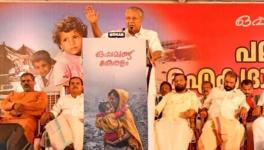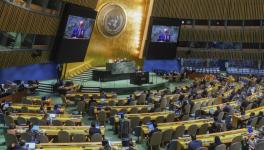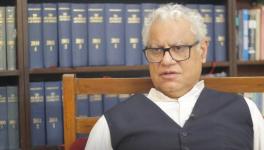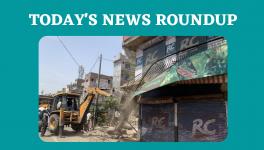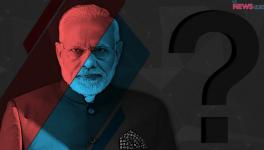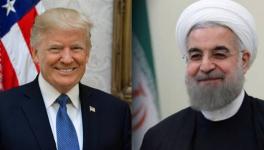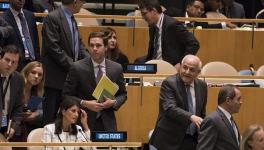Harlem Greets the Leaders of Cuba and Venezuela
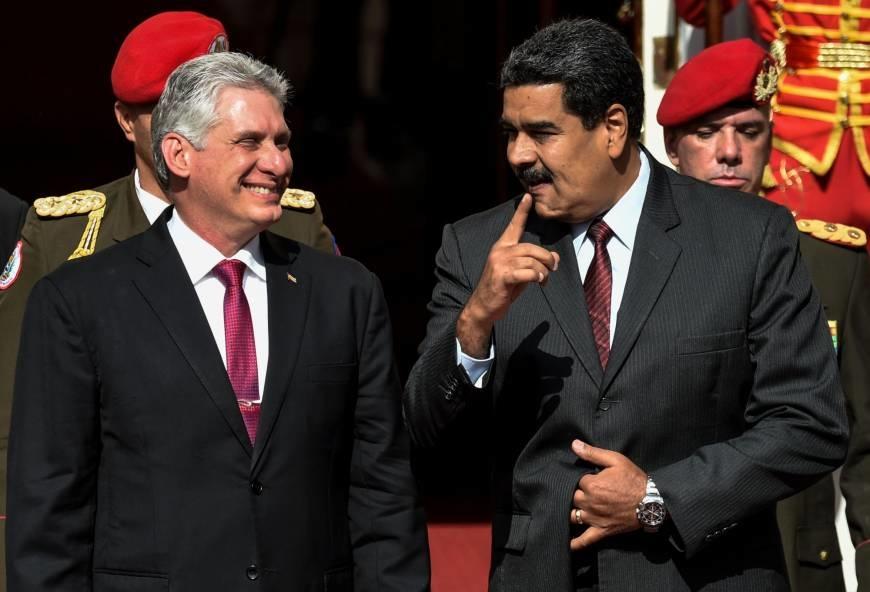
Image Courtesy: Japan Times
It was an evening of solidarity. Thousands of people filled Harlem’s storied Riverside Church (in New York City) on September 26, 2018, to meet the new President of Cuba – Miguel Díaz-Canel Bermúdez. The United Nations General Assembly had opened its 73rd session this week. This was President Díaz-Canel’s first appearance at the UN as Cuba’s head of government. The last time that a Cuban leader spoke at the cavernous Riverside Church was in 2000, when Fidel Castro held the room in thrall. Castro began his speech on September 8 and ended on September 9 – he began with ‘good evening’ and ended with ‘good morning’. That was vintage Castro.
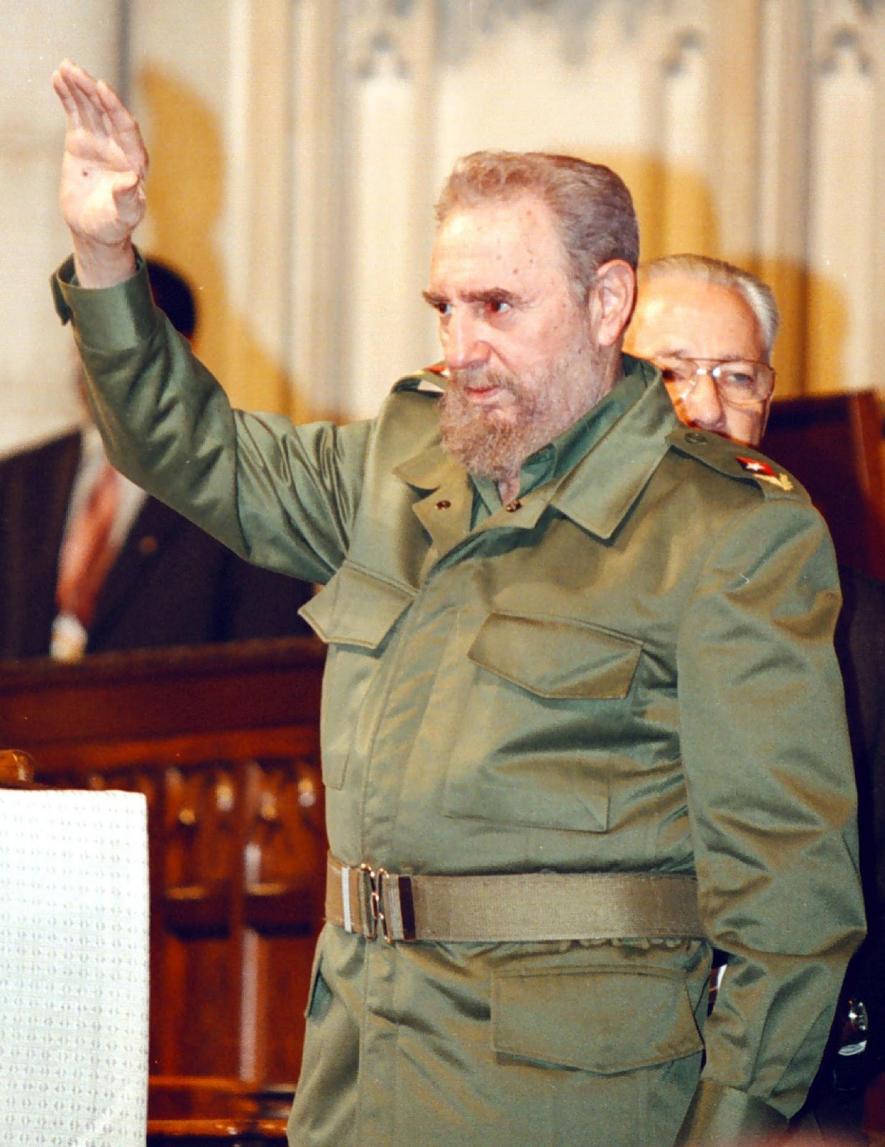
Castro at Riverside Church, 2000
This time, Díaz-Canel was brief. His theme was solidarity. He did not have to say much. What he wanted to say ran through the room – people of all ages, all backgrounds gathered in a massive demonstration of solidarity for Cuba, against the harsh and cruel US government policy towards that small island and towards its socialist experiment.
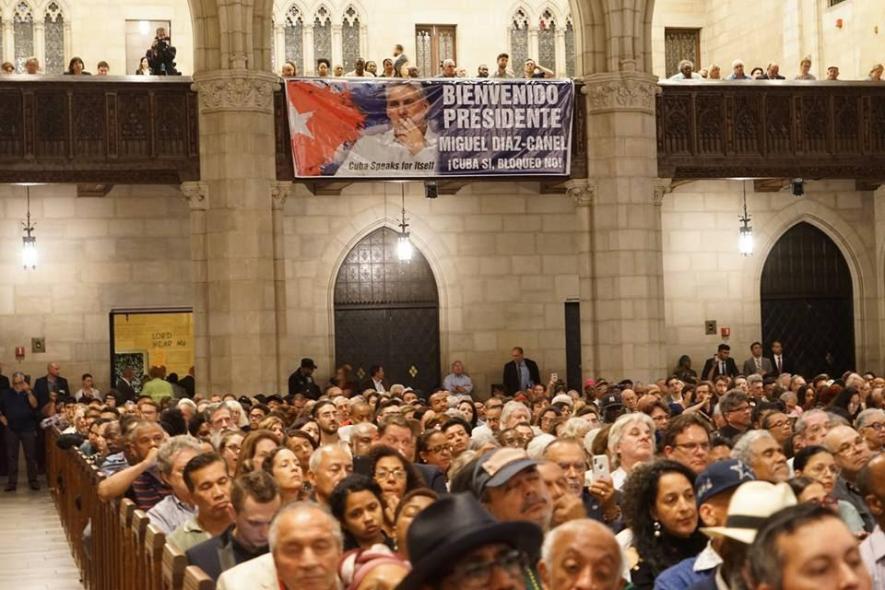
Audience at the Riverside Church, 2018
These are tense times. US President Donald Trump has threatened war against Venezuela and Iran at the United Nations. He has said that he will do what he can to roll back Obama’s policy towards Cuba, indeed that he would like to see a regime change in Cuba. An isolated United States is, nonetheless, a dangerous threat – with its enormous military and its ambitions to overthrow this and that leader.
There is little pleasure in Latin America for a military invasion of Venezuela. The Lima Group – set up to put pressure on the Bolivarian Republic of Venezuela – has said that it is against the military option. Even Colombia, otherwise the most anti-Venezuela government, says it would not like to see a US bombardment of Venezuela. However, Trump remains unfazed. He thinks it is a good idea. Not just to put pressure on Venezuela, but to increase pressure on Cuba.
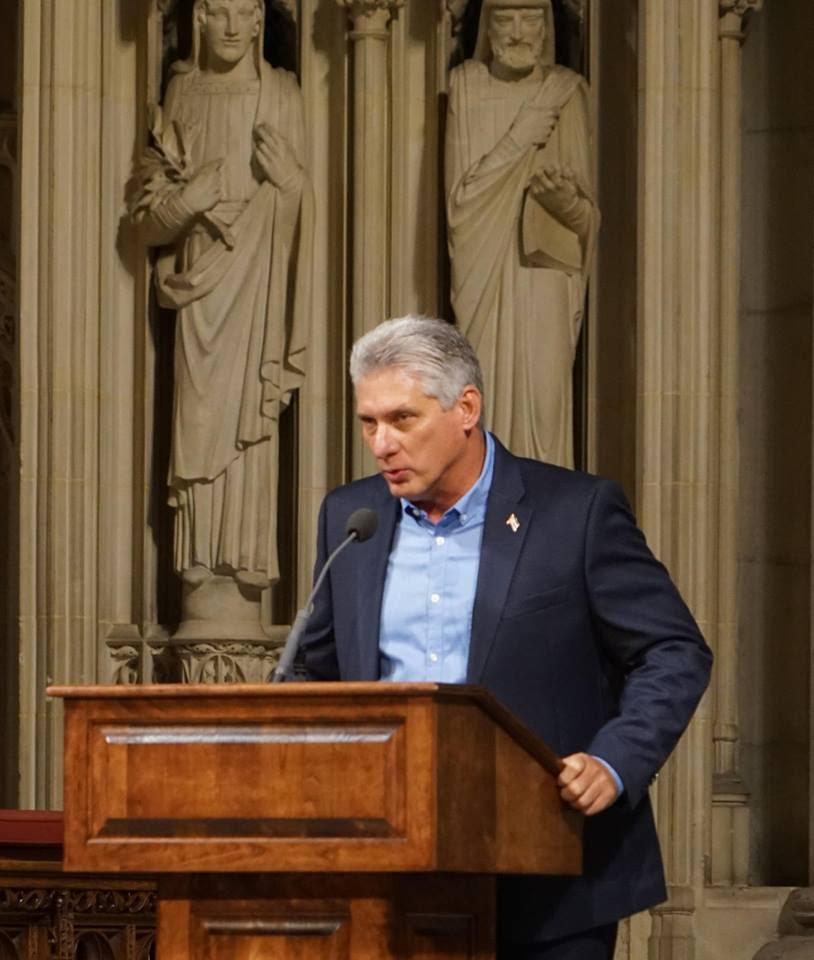
DÃaz-Canel at the Riverside Church
No wonder then, that Díaz-Canel spoke of how the United States promotes conflict, threatens invasions and sells weapons around the world. “The United States”, he said, “should ask for forgiveness from the people who suffer from wars, people who could have enjoyed development as an outcome of the benefits of disarmament”. Cuba, he affirmed, ‘stands for total disarmament and international solidarity’. He called on the world’s powers to join Cuba in rolling back its military and putting precious resources into health and education, easing the burdens on people who are barely able to survive.
For Cuba, solidarity is not an empty word. Díaz-Canel recounted Cuba’s long history of solidarity – sending doctors and teachers across the Third World as well as providing military support to national liberation movements. He spent a few minutes recounting Cuba’s role in Africa, where it helped the movements in Angola and Namibia as well as its role in ‘demoralising the apartheid regime in South Africa’. “Cuba speaks with the authority of a people who have converted words into concrete actions”, Díaz-Canel noted.
One of those concrete actions was inaugurated at Castro’s speech in the same venue in 2000. At that time, Castro spoke of the new medical school in Cuba, the Latin American School of Medicine. Students came to that school from across Latin America, received training as doctors and medical practitioners, and then returned home to work amongst the poorest. Castro said, “I can say here that we are prepared to accept 250 students a year from the United States’ Third World.” At the event this week, it was announced that 179 students had graduated from ELAM, this medical school. Two of them – Dr. Joaquín Morante and Dr. Sitembile Sales – spoke about their experience at the school and what it has meant for them.
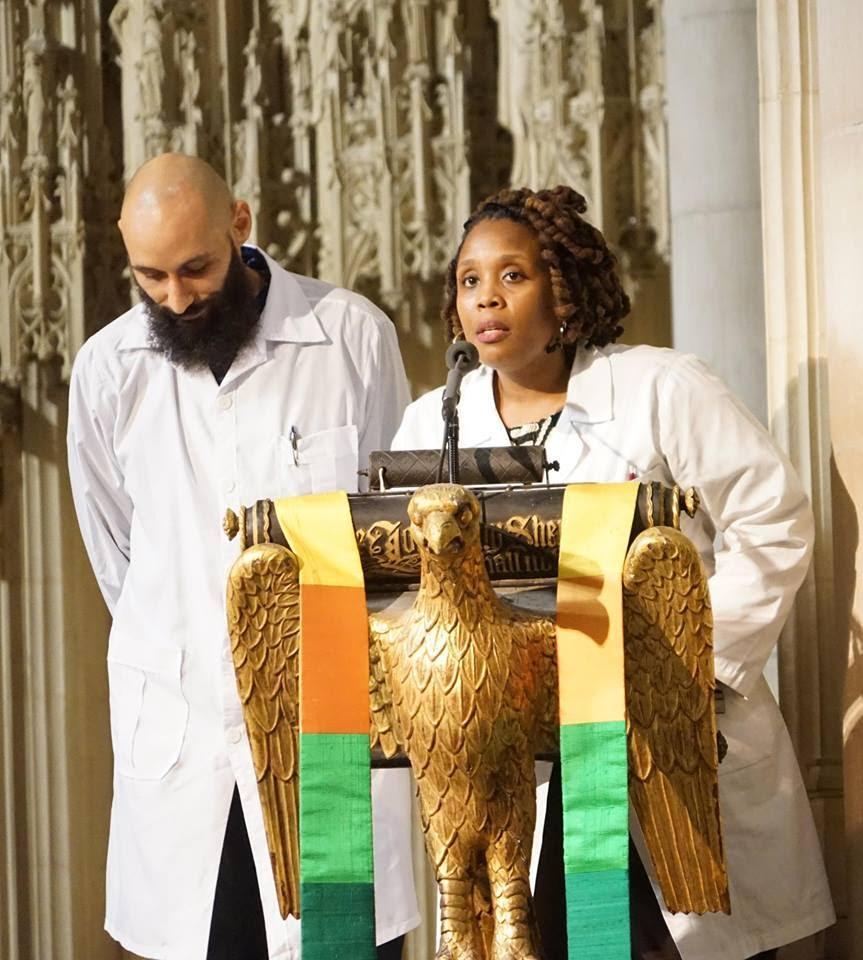
Dr. JoaquÃn Morante and Dr. Sitembile Sales
These two young doctors said that their cohort had been on a medical brigade to Haiti after the 2010 earthquake and they are working in the United States to defeat ‘medical apartheid’, as Dr. Sales put it.
The surprise of the evening was the appearance of Venezuelan president Nicolas Maduro. Maduro has not been to the United Nations since 2015. Attacks on Venezuela are very common in the Western press – with little space for the Venezuelan government’s point of view. It was so interesting to see the crowd – fully behind Cuba – cheer for Maduro as he entered the room. Viva Chavez, the people yelled.
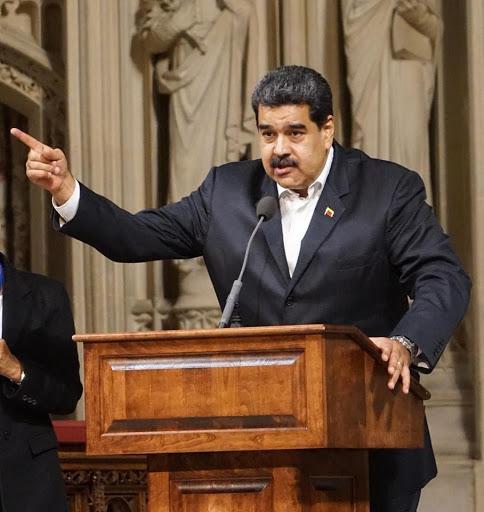
Maduro at the Riverside Church
Maduro spoke briefly. He was there to signal the close ties between Cuba and Venezuela. When Díaz-Canel took the stage, he spoke directly of this tie. “It is indelible,” he said, “unbreakable”. Díaz-Canel and Maduro know – and many other Latin Americans know as well – that if the US overthrows the governments in either Cuba or Venezuela, it would lead to a new era of far more aggressive US imperialist and monopoly capital domination over the hemisphere.
“A better world is necessary,” Díaz-Canel said in closing, “and it is indeed possible.” He waited to take a picture with the graduates from Cuba’s medical school, students in the white doctor coats. These doctors left the church, went back to their vocation – went back to helping build and lift up a broken humanity and rebuild its social base, thrilled with this encounter.
Photo Credits: Jon Flanders
Get the latest reports & analysis with people's perspective on Protests, movements & deep analytical videos, discussions of the current affairs in your Telegram app. Subscribe to NewsClick's Telegram channel & get Real-Time updates on stories, as they get published on our website.











